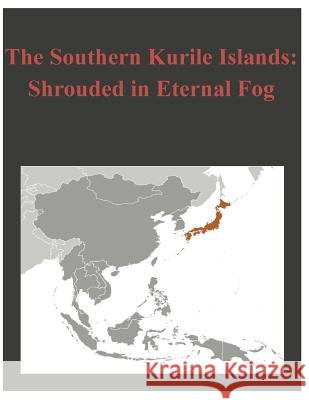The Southern Kurile Islands - Shrouded in Eternal Fog » książka
The Southern Kurile Islands - Shrouded in Eternal Fog
ISBN-13: 9781497521759 / Angielski / Miękka / 2014 / 86 str.
Both Russia and Japan have claimed the four Southern Kurile Islands, also known as the Northern Territories, since the conclusion of World War II. The territorial dispute appears to be a fairly straightforward dispute over the islands' status after their Soviet occupation in September 1945. The dispute is only between two nations, has not erupted into armed conflict, and does not have ethnic or religious dimensions. However, during the last 65 years there has not been a successful resolution. The conflict remains intractable. Resolution is important to establish fully normalized relations between Russia and Japan and help bring stability to Northeast Asia. Resolution is important to the United States due to our defense alliance and strong economic ties with Japan and security interests in Northeast Asia. A three island compromise solution is the most likely prospect for resolution. However, the dispute will likely remain deadlocked because Russia and Japan cannot reach a compromise due to strong nationalist sentiments and Japan's unwillingness to compromise on its position of four island reversion. This paper reviews the dispute's historical origins, examines recent events, analyzes the strategic and economic interests, explores the cultural aspects, and discusses possible resolutions and the probability of continued stalemate.
Zawartość książki może nie spełniać oczekiwań – reklamacje nie obejmują treści, która mogła nie być redakcyjnie ani merytorycznie opracowana.











